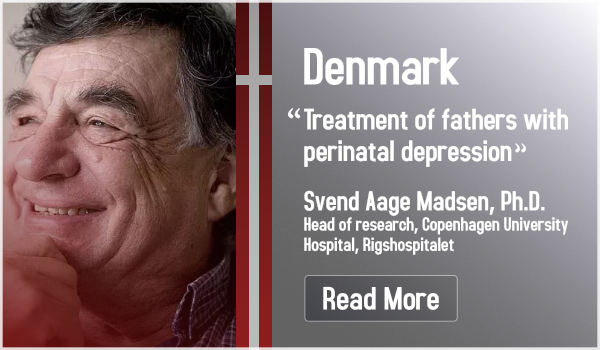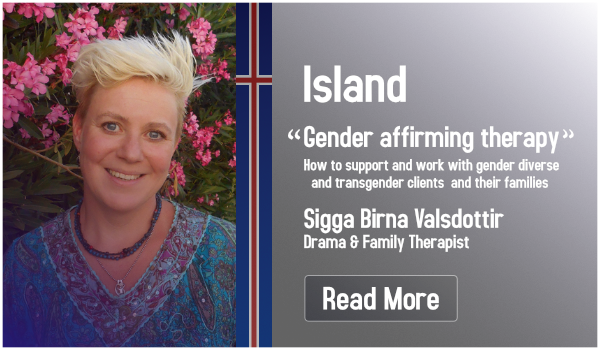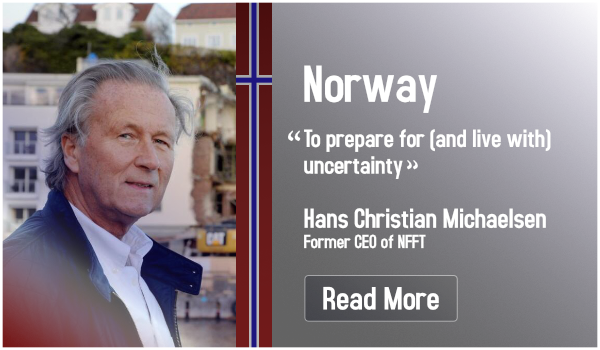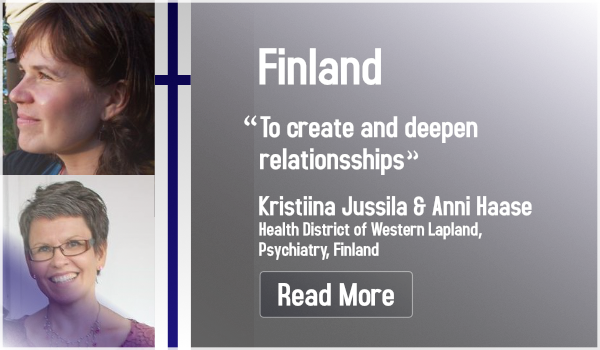
Background: We meet children and young people whose families are involved with social services due to violence, abuse, mental health etc. The families can feel vulnerable and challenged because for example, their parenting skills are being challenged, dialogue between the family and school can be conflict-filled etc. As a result, a lot of families have little confidence and hope for change when they are referred to our family therapy team. Since 2012, our team has worked with methods and evaluation forms that aim to make these families’ voices heard. We have developed a structured evaluation and research method built on Tom Andersen ́s reflective team. We invite families who have been in therapy to be our consultants; to evaluate the treatment and the relationship between the therapists and the family. In recent years, we have also introduced a more family-oriented model of direct feedback in each family therapy conversation. It is based on a systemic feedback model developed by Peter Rober and Karine van Tricht from Belgium and is particularly suitable in work with children, adolescents, and their families within social services.
Results: We present the results of our study that consisted of 36 interviews. In these interviews’ children, adolescents and their relatives share their thoughts about what they experienced as helpful or less helpful in the collaboration with us family therapists. There were several themes that came up consistently during these interviews; the families shared their experiences of the alliance process, how the dialogic processes is seen from the families’ perspective and another theme is the experience of when the dialogue is broken for various reasons. The children, adolescents and relatives have also provided tips, both to other families in a similar situation and to the social services, which we have also compiled into a small booklet to be able to give to other families. The families have also shared how they experienced participating in this kind of research. The results are also published in a report. We have also produced several short films about children and families and their experiences from the collaboration with social service and we will show one of these films to illustrate the importance of collaborating with families in the work we do together. Finally, we share our experiences, lessons learned and further reflections on how we think a systemic work in a social service context can look like




